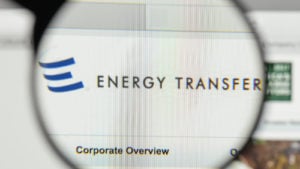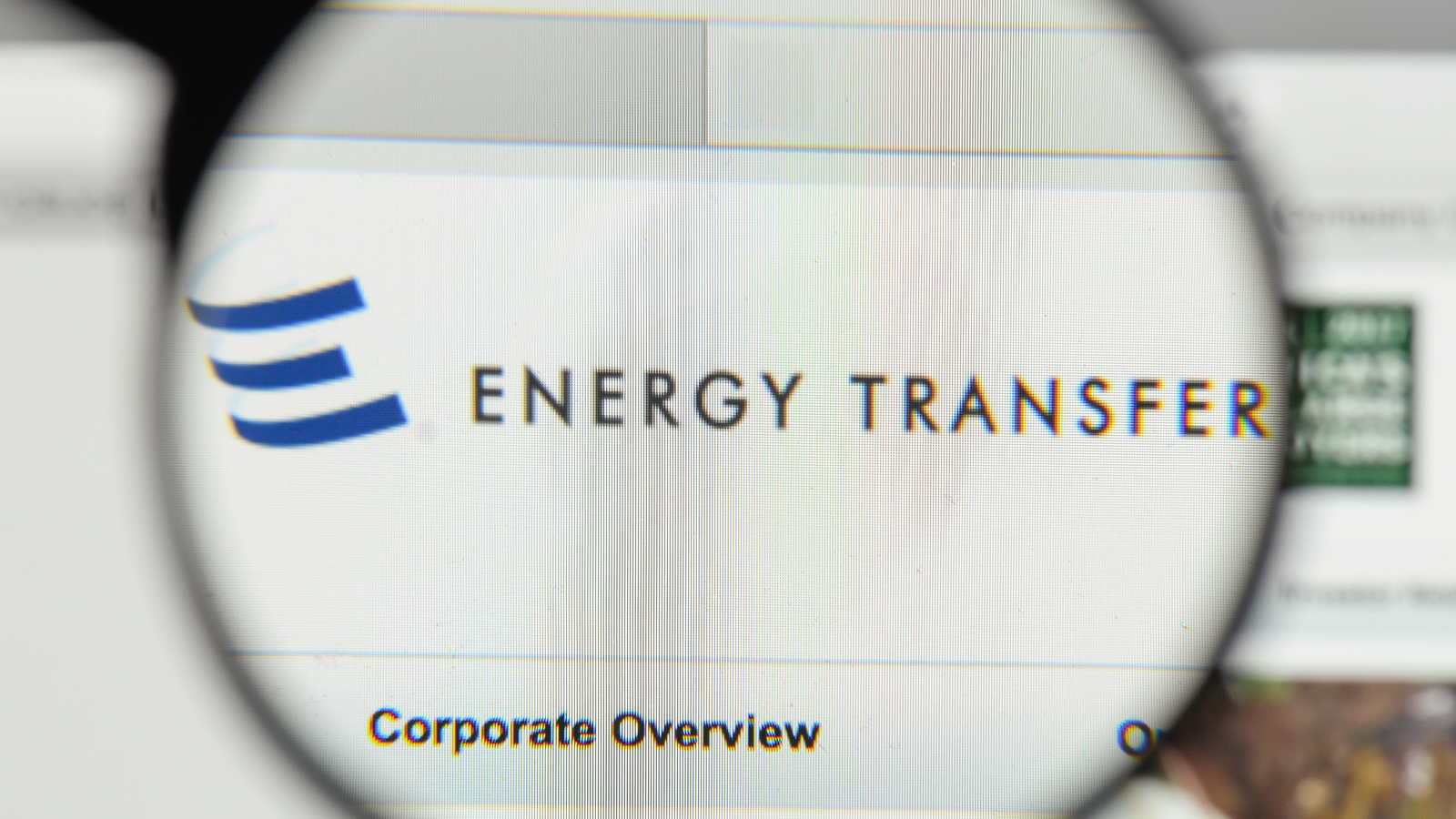For income-focuses investors, the proverbial Holy Grail is a company that offers good value along with a generous dividend. Energy Transfer (NYSE:ET) fits the bill on both counts as ET stock is trading at a deep discount and the dividend yield is indisputably high.

That’s a very rare combination in today’s financial markets. In the wake of the novel coronavirus, many companies reduced their dividend payouts or even eliminated them altogether.
At the same time, some investors are concerned that the handful of companies offering high dividend yields will be forced to slash those yields sooner or later.
However, Energy Transfer doesn’t appear to fall into that category. In actuality, recent developments tend to indicate that Energy Transfer is faring well even amid a challenging energy market. With that, the company ought to be able to maintain its terrific dividend payouts.
A Closer Look at ET Stock
So, let’s get right to the meat of the matter. Probably the most appealing feature of ET stock is its amazing forward annual dividend yield. Currently, that figure stands at 19.2%.
Even within the energy sector, which is known for offering high yields, Energy Transfer’s dividend yield is outstanding. If there are no yield cuts, the ET stock price could decline by 19% over the next year and shareholders should, in theory, at least break even.
But is there a compelling reason to believe that ET stock will fall more than 19% over the next year? This scenario doesn’t seem likely as ET shares present a strong value. In fact, the stock currently has a trailing 12-month price-earnings ratio of 11.6, which is quite reasonable.
Besides, the ET stock price has been much higher than it is today. Early this year, ET shares were sitting comfortably at the $13 level. During the first few trading sessions of September, the shares could be purchased for less than half of that price. Thus, a doubling of the price is not inconceivable.
Good News Comes Down the Pipeline
One way to gauge the fiscal health of a company is to determine whether than company is expanding or contracting. In the case of Energy Transfer, it’s clear that the company is in expansion mode.
And when I say, “expansion mode,” I mean that in a literal sense as Energy Transfer just announced that it has completed the company’s Lone Star Express Pipeline expansion project.
Not only did Energy Transfer complete the project within its indicated budget, but it also managed to deliver the completed pipeline ahead of schedule. This doesn’t sound like a company that’s in financial trouble or in jeopardy of slashing its dividend payouts.
The 352-mile Lone Star Express Pipeline project adds more than 400,000 barrels per day of natural gas liquid capacity to ET’s existing pipeline system.
Relax and Collect the Dividends
If you’re still worried about Energy Transfer’s generous dividend distributions, don’t be. The data strongly indicates that the company should have more than enough capital to cover the payments.
To this end, Energy Transfer CFO Tom Long built a rock-solid argument during the second-quarter 2020 conference call. According to Long, “coverage ratio for the quarter was 1.54x, which resulted in excess cash flow after distributions of $448 million.”
In other words, Energy Transfer was able to cover the cost of its dividend payments and then some.
And in case you need further reassurance, note that Energy Transfer is aggressively cutting costs. Indeed, during the second quarter the company “lowered 2020 expected capital spending to $3.4 billion, a reduction of at least $600 million from original guidance in February 2020.”
The Bottom Line
Will ET stock continue to be a dividend overachiever? The data suggests that the company is more than capable of maintaining its robust distributions. Therefore, income seekers needn’t worry about Energy Transfer slashing its payouts anytime soon.
On the date of publication, David Moadel did not have (either directly or indirectly) any positions in the securities mentioned in this article.
